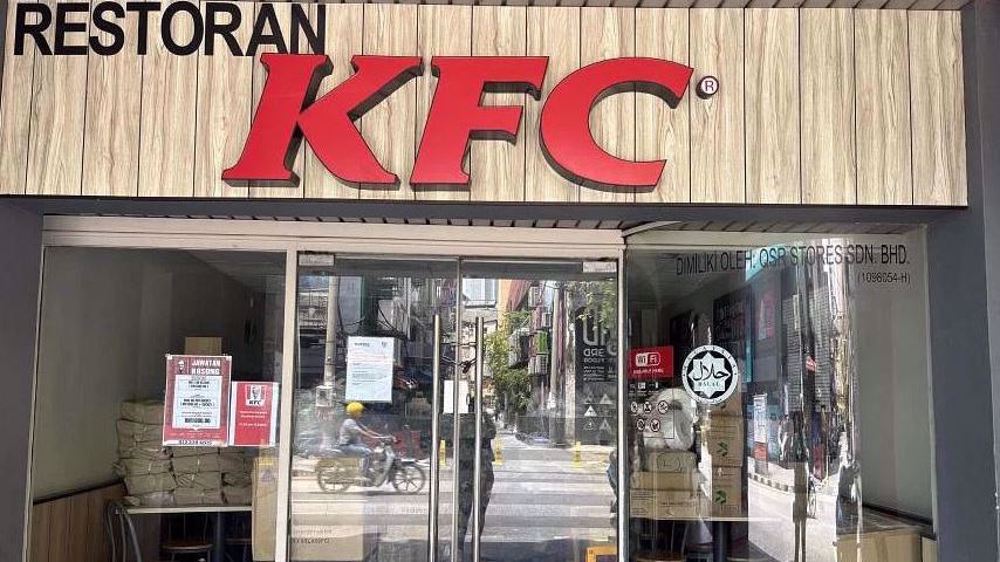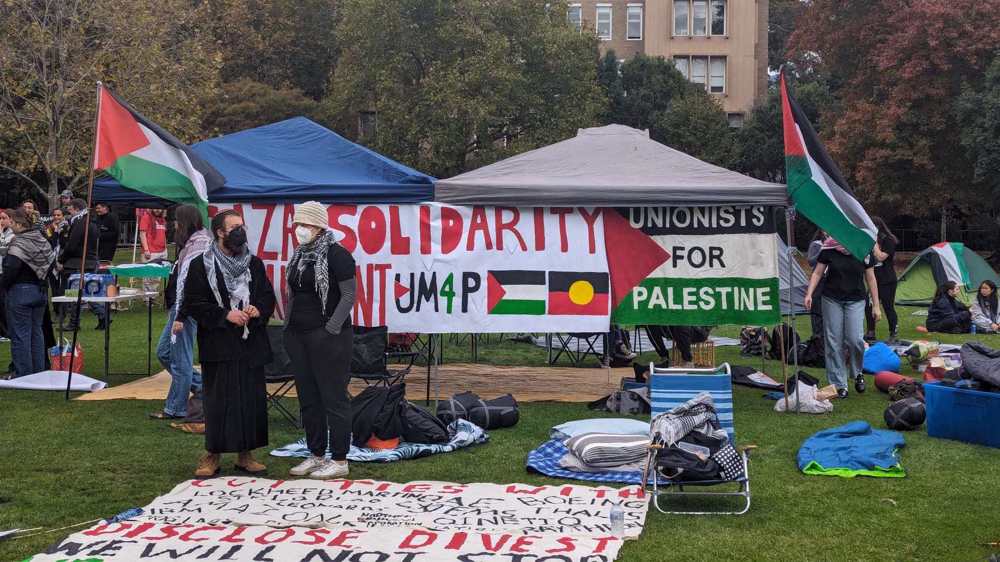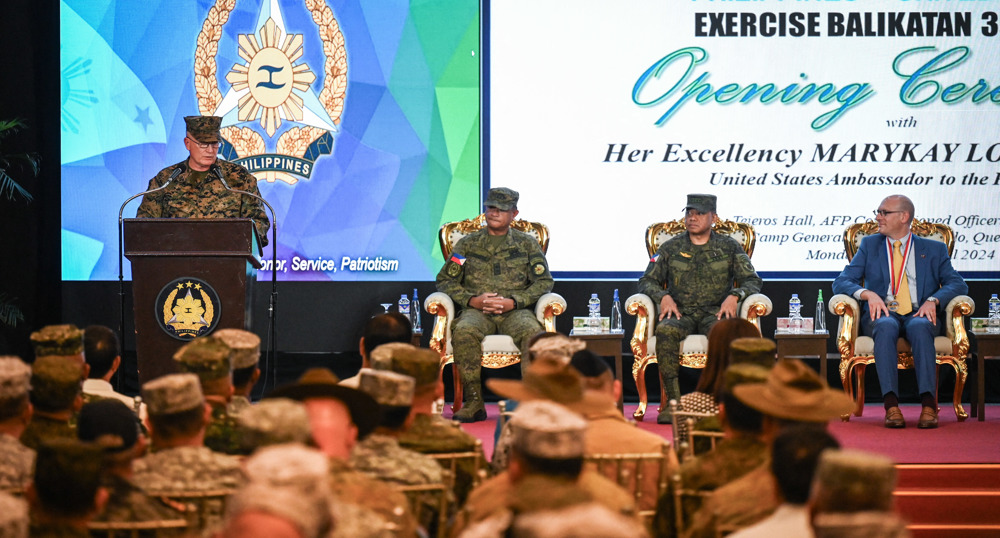Sri Lanka’s president declares emergency amid anti-Muslim violence
Sri Lanka's President Maithripala Sirisena has declared a nationwide state of emergency after Buddhist mobs attacked mosques and businesses belonging to Muslims.
According to a message posted on Twitter on Tuesday by the presidential office, the decree would "redress the unsatisfactory security situation prevailing in certain parts of the country."
It added that security forces "have been suitably empowered to deal with criminal elements in the society and urgently restore normalcy."
Cabinet minister Rauff Hakeem said after a meeting with the president that the government would "act sternly against groups that are inciting religious hatred."
Mano Ganesan, the Sri Lankan minister for co-existence, said the special measures permitting soldiers to be deployed in civilian areas would initially apply for 10 days.
“There were concerns that communal violence would spread,” Ganesan said, adding, “We don’t want to spread communal disharmony and hate speech.”
A curfew is already in place in the central district of Kandy, where crowds from the Buddhist Sinhala majority attacked a mosque, Muslim-owned shops and homes.
The mob violence started on Monday after a man from the ethnic Sinhalese population, who allegedly had been injured by Muslims in an accident, died in hospital.
The emergency announcement came after Buddhist mobs swept through towns outside Kandy, burning at least 11 Muslim-owned shops and homes.
Lakshman Kiriella, a lawmaker from Kandy, said in parliament that the attacks were "carried out by outsiders."
"I am ashamed as a Buddhist and we must apologize to the Muslims," he declared.
Prime Minister Ranil Wickremesinghe said the government condemned the "racist and violent acts."
"As a nation that endured a brutal war we are all aware of the values of peace, respect, unity and freedom," he said on Twitter.

The country remains deeply scarred by its 1983-2009 civil war, when Tamil rebels fought to create an independent homeland.
Sri Lanka has long been divided between the majority Sinhalese, who are overwhelmingly Buddhist, and minority Tamils who are Hindu, Muslim and Christian.
The largely cordial relationship between diverse faiths in Sri Lanka has soured in recent years with Buddhist monks and hard-line Sinhala groups cracking down on others, accusing them of making efforts to spread their influence.
KFC shutters 100 restaurants in Malaysia over pro-Palestine boycott
VIDEO | French police crack down on anti-Israel protests at Sorbonne
Iran says IsDB approved its proposal for preferential financing
Persian Gulf security to be ensured with participation of littoral states only: Iran
VIDEO | Press TV's news headlines
Palestinian author jailed by Israel receives prestigious award
VIDEO | Iran celebrates Persian Gulf Day
Holocaust expert: Israel committing genocide in Gaza










 This makes it easy to access the Press TV website
This makes it easy to access the Press TV website